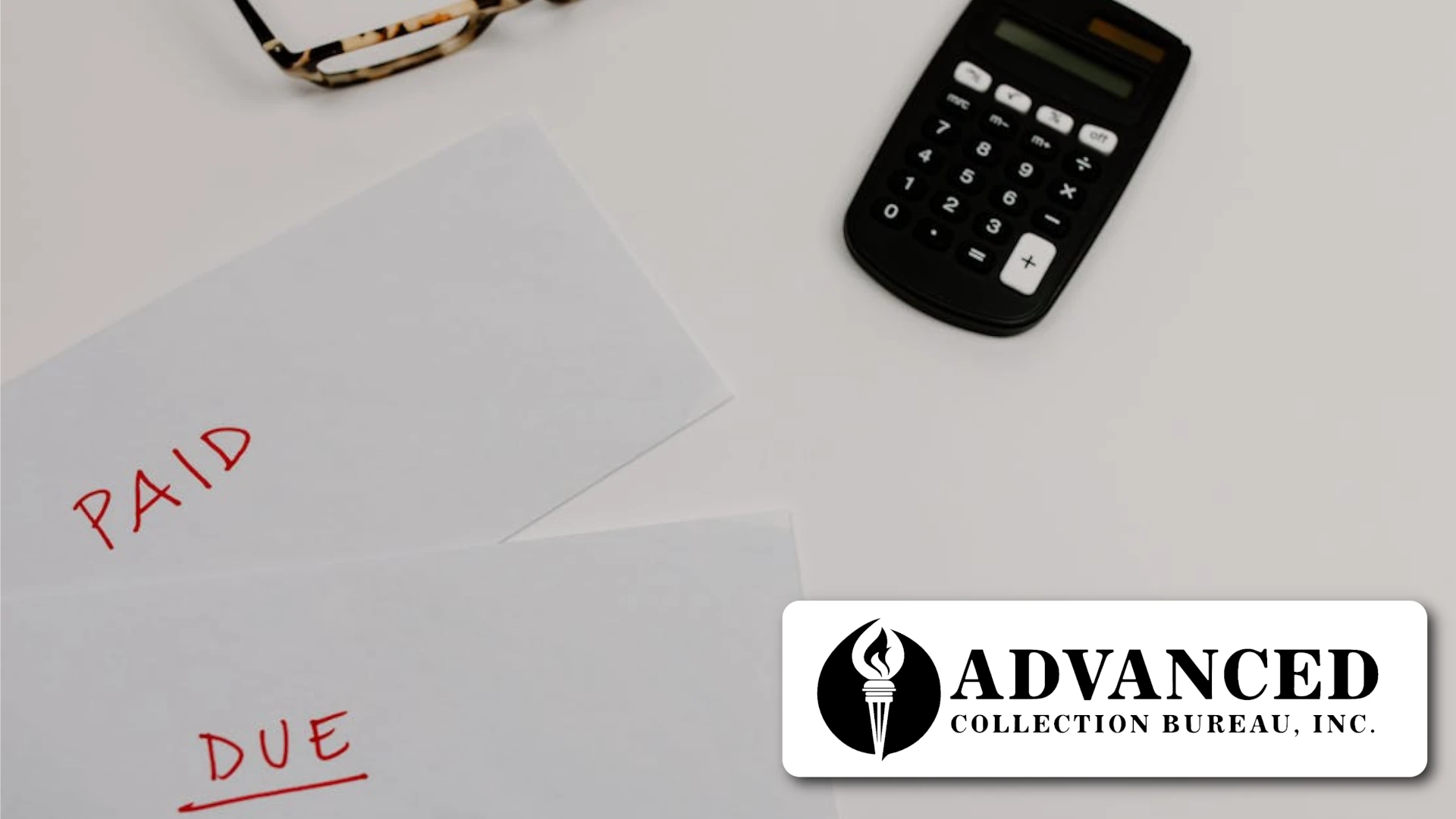Ignoring a debt collector may seem like the easiest option in the short term. No one likes receiving collection calls or letters, and it can be tempting to believe that if you avoid them long enough, the problem will go away. But the truth is, unpaid debts do not disappear. They often become more complicated—and more costly—the longer they sit unresolved.
At Advanced Collection Bureau (ACB), we understand both sides of the debt equation. We work with businesses and landlords trying to recover what they are rightfully owed, and we interact with debtors who are unsure of their options. Whether you’re trying to collect or being contacted by a collector, understanding what happens when a debt goes unpaid is essential.
The First Stage: Ongoing Collection Efforts
If you ignore calls and letters from a debt collector, they will not stop trying to reach you right away. Under the Fair Debt Collection Practices Act (FDCPA), they are required to communicate respectfully and lawfully, but they can continue to contact you through permitted channels.
At this stage, collectors may report the debt to credit bureaus, which could result in a noticeable drop in your credit score. Even if you do not intend to take out a loan or apply for housing right now, this damage can affect your financial future in significant ways.
To understand how credit reporting fits into the collections process, read How Credit Bureau Collection Services Impact Your Credit.
The Long-Term Impact on Your Credit
Unpaid debts can remain on your credit report for up to seven years. This applies even if the debt is small or if you eventually pay it. However, unpaid debts are often more damaging than paid or settled ones.
A lower credit score can make it harder to:
- Rent an apartment
- Qualify for loans or credit cards
- Get favorable interest rates
- Pass certain employment screenings
For landlords and property managers, this is why reporting debts to credit bureaus is such a powerful tool. It creates accountability and increases the likelihood that a tenant will resolve what they owe. Learn more in The Importance of Credit Reporting in Tenant Debt Recovery.
Legal Consequences of Not Paying a Debt
If a debt remains unpaid for an extended period, the collector or original creditor may choose to take legal action. This is not the first step, but it is a real possibility.
If a lawsuit is filed and a judgment is awarded, the court may allow for:
- Wage garnishment
- Bank account levies
- Property liens
Each state has different rules about what can be collected and how. But a court judgment can follow you for years. Avoiding the issue increases the risk of facing these consequences.
If you're on the collection side and wondering when to escalate an unpaid account, visit The Importance of Timely Debt Recovery Action for Apartment Communities.
Can You Wait Out a Debt?
Many people assume that if they wait long enough, the debt will expire. While it’s true that each state has a statute of limitations on debt, that only applies to how long a creditor has to file a lawsuit. It does not mean the debt vanishes.
Even if the debt is no longer legally enforceable, it may still appear on your credit report, and a collector may still attempt to contact you. And in some cases, making a partial payment or acknowledging the debt can restart the clock.
To better understand this, see How Long Can a Debt Be Collected?.
Final Thoughts: Ignoring a Debt Collector Only Makes Things Worse
Choosing not to pay back a debt collector might feel like you’re avoiding conflict. But what you are really doing is allowing interest, penalties, and consequences to build.
If you owe money, the best course of action is to communicate. Many collection agencies, including ACB, offer flexible solutions to resolve debts without added stress. And if you’re a landlord or business owner, remember that waiting too long to act can reduce your chances of recovery.
At ACB, we offer compliant, respectful, and results-driven debt recovery services. We never charge upfront fees, and we always put professionalism first—whether we’re working with the person who owes the debt or the one who’s owed it.














